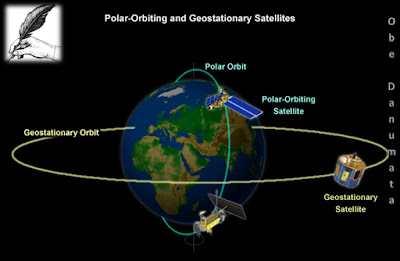Computer
Computer
A device which can be programmed to store and process numerical
and alphabetical data. The first mechanical adding
device was developed in 1642 by Pascal. In 1835, Charles Babbage formulated his
concept
of an
'analytical machine' which combined arithmetic processes with
decisions based on the results of the computations. This was really the
forerunner of the modern
digital computer,
in that it combined the principles of sequential control,
branching, looping, and storage
units. J Presper
Eckert and John W Mauchly
produced the
first all-electronic
digital computer, ENIAC (Electronic
Numerical Integrator
and Calculator), at the University of Pennsylvania in
1946. Very significant contributions
were made
around this time by Johann von Neumann, who converted
the ENIAC principles to give the EDVAC computer (Electronic
Discrete Variable Automatic
Computer)
which could modify its own programs in much the same way as suggested by Babbage. Advances
were accelerated
from the mid-1960s by the successful development of
miniaturization techniques in the electronics industry.
The first microprocessor, which might be regarded as a computer on a chip,
appeared in 1971,
and nowadays
the power of even the most modest personal computer can equal or outstrip the early electronic
computers of
the 1940s. >>






Comments
Post a Comment